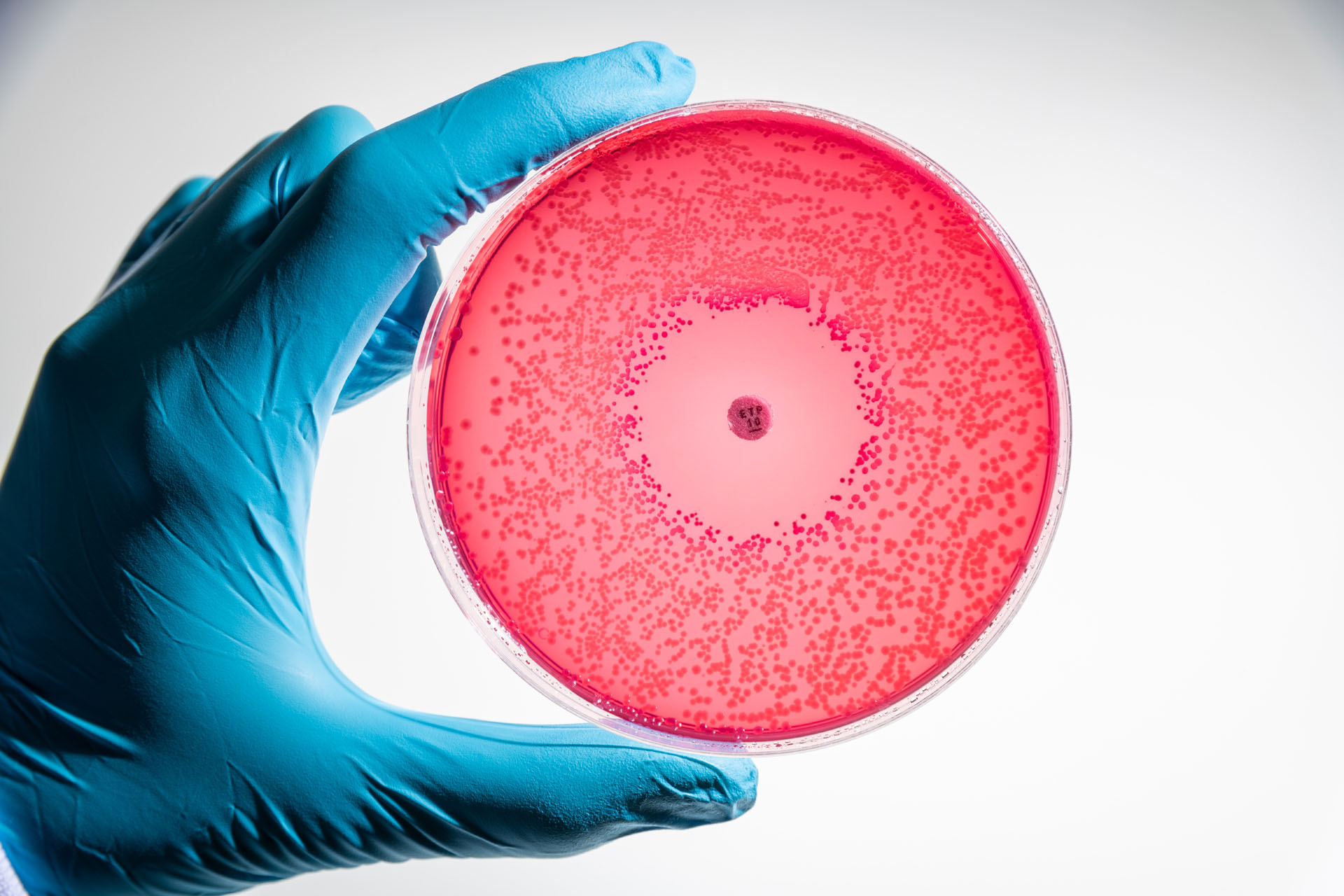Our Antimicrobial Pharmacodynamics and Therapeutics (APT) laboratory, at the University of Liverpool has been at the centre of international efforts for discovering teixobactins and developing new antibiotics to meet the challenge of antimicrobial resistance for human health.
We have worked with many companies, regulatory authorities (Food and Drug Administration, European Medicines Agency), funding bodies (National Institute of Allergy and Infectious Diseases/National Institutes of Health, Combatting Antibiotic-Resistant Bacteria) and international organisations such as Global Antibiotic Research & Development Partnership.
The development of new antibiotics is important but is only part of the solution. We need to use existing antibiotics more carefully, along with other ways to protect ourselves from germs sustainably. A radical rethink is required to make sure AMR does not put a safe and healthy future in danger.
Our experiences of the COVID-19 pandemic enable us to ask bigger questions about AMR and give us the courage to find bold and innovative solutions to these problems.
As we emerge from the worst of the pandemic, it is clear that:
- AMR is a silent pandemic
- AMR affects everyone
- We can all help find solutions
- We need to work together.
The 'silent pandemic' is not silent anymore.
— Prof. Dame Sally Davies (@UKAMREnvoy) January 20, 2022
New data, published in today’s #Lancet, show the true global cost of #AMR.
We must use these data as a warning signal to spur on action at every level. #AMRSOS 👉 https://t.co/PsGjirim7N pic.twitter.com/o3YEPvcmIb
Liverpool City Region
As we continue our national and international work to discover new antimicrobial drugs, we wish to use World Antimicrobial Awareness Week (WAAW) to describe some new additional plans for AMR research and innovation in Liverpool City Region.
Our city region will offer national and international leadership in AMR – tackling it as a dual science and systems problem, in the following ways:
- Helping data scientists and health systems experts to help to develop new data-driven solutions to AMR (Professor Simon Maskell and Professor Iain Buchan)
- Using joined up data and practical information to help patients and clinicians make decisions about antibiotics and other AMR-relevant aspects of care (Combined Intelligence for Population Health Action - CIPHA)
- Providing a place for citizens to help find new solutions to AMR, building on our work with the public (AMR Citizens' Jury) in mobilising their data to drive innovation, for example via the UK’s first Civic Data Cooperative
- Helping patients to understand whether an antimicrobial drug will help them
- Exploring the rights and duties of antimicrobial use
- Build on AMR work being conducted in partnership within the Liverpool City Region with the Civic Data Cooperative.
Would you like to help us? We would like to hear from you:
- Data scientists, engineers, and other systems scientists who may not usually work in healthcare
- Members of the public who can help us mobilise their data in to AMR solution-finding in trustworthy ways
- Do you have an idea for citizen’s science? Perhaps you can build an app for that with our Civic Data Cooperative?
Back to: Institute of Systems, Molecular and Integrative Biology
